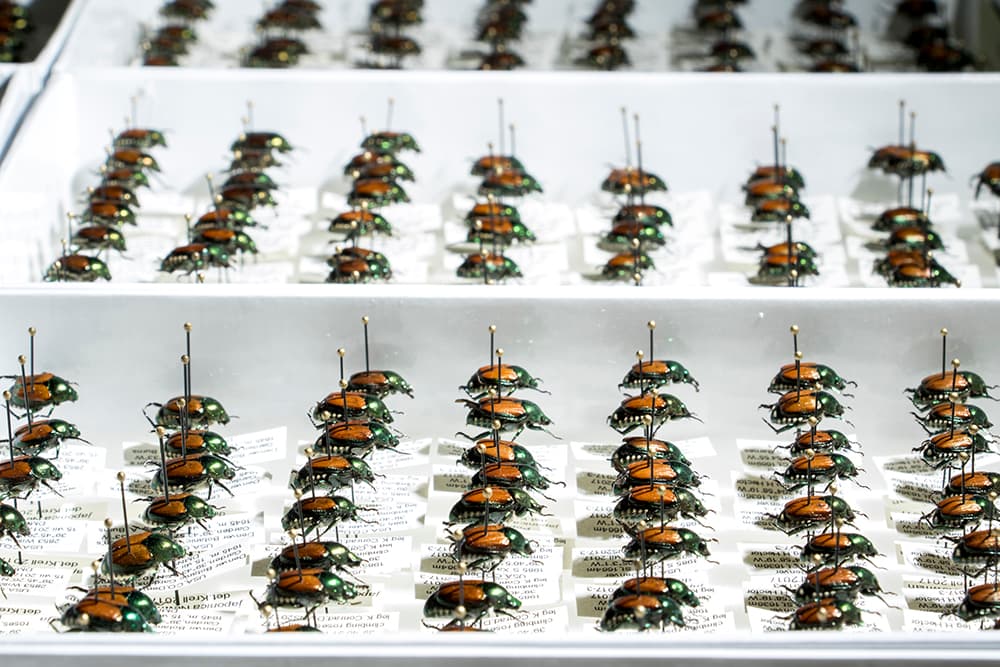It's hot. Full stop.
Denver summers are getting hotter and hotter. With the heat comes drier conditions and poor air quality, but in a "the glass is half full" outlook, the one thing that doesn't come around under the ever intense blazing sun? Bugs.
More specifically, pest insects. Think mosquitos, gnats, roly poly bugs, flying cockroaches.
The East Coasters and Southerns know summer time equals bug spray to keep the bug bites away, but in Denver, you don't have to fear our winged enemies.
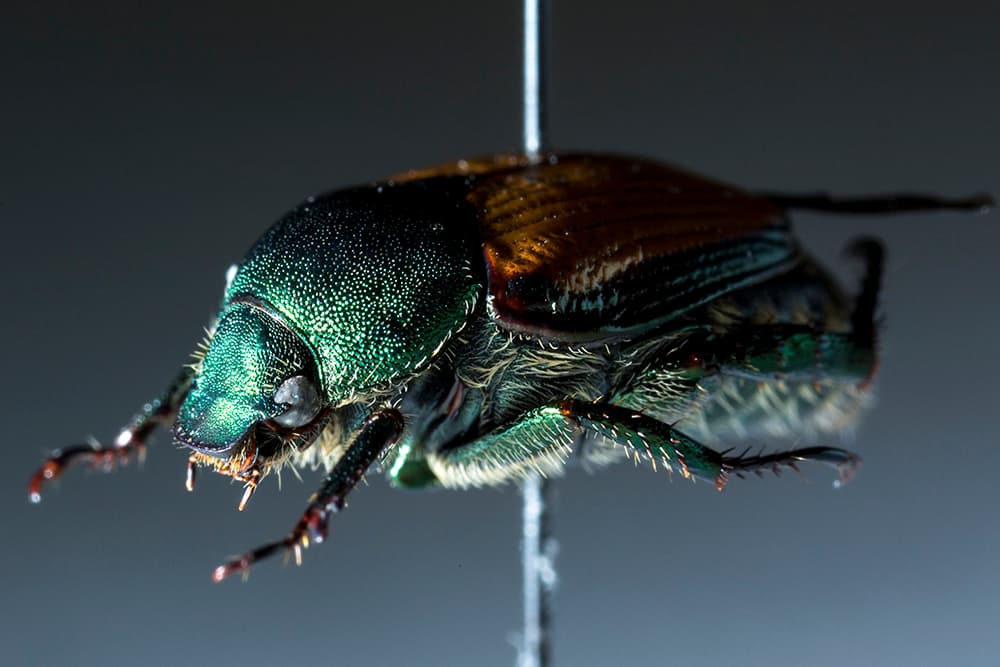
Mainly because it's too dry here.
"It's the humidity," said Dr. Frank Krell, senior curator of entomology at the Denver Museum of Nature and Science. "In humid climates, insects have it much easier. It's also the winters. You can put insects in the freezer and in half an hour, they're all dead. We have not only winters, but dry winters. We are just too dry for anything. The summer is dry. The winter is dry. It's just not a good climate for insects."
Krell said transplants from places such as Atlanta or Florida won't see the "normal" influx of summer bugs such as palmetto bugs, centipedes, silverfishes or even flies. He said even folks from Arizona can expect to see less bugs because although Colorado has a desert climate, winters keep the bugs at bay.
Now, don't get too excited. There are insects in Denver. Even mosquitoes. Krell said mosquitoes and gnats are typically found by standing water, slow-moving creeks, drainage canals and reservoirs.
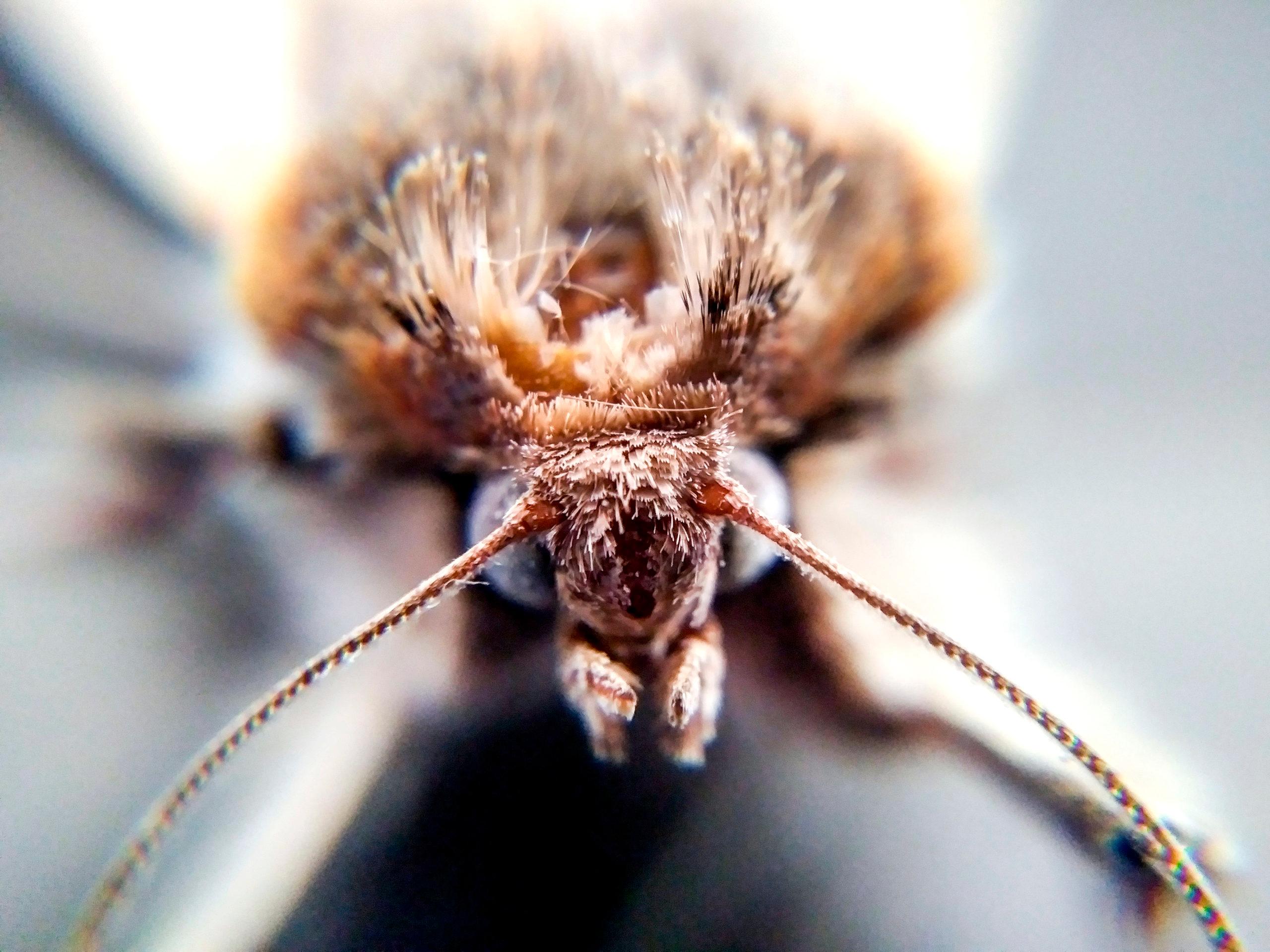
Typically Denver will see miller moths, though Krell said the invasion this year wasn't as bad as expected. There are also Japanese beetles. Krell said they'll come out in the next two to three weeks and will "stay until it gets frosty." He also said Denverites have no one to blame but themselves for the abundance of Japanese beetles.
The half inch iridescent pest that will eat through gardens arrived in Colorado in the 1990s through nursery stock purchased from the East Coast. They typically don't thrive in dry climates, but Krell said Denver's urban landscape and the irrigation needed to maintain the green, keeping the beetles hungry for more.
"Introduced pest species like the Japanese beetle who don't have natural enemies here thrive in an artificial environment like our urban and suburban areas," Krell said. "The most damaging feature in a garden we can have in Denver is a lawn. Lawns are not natural in Colorado. They are all grasses that are brought from somewhere else. We like it green and lawns are pretty and nice but they use up too much water and harbor pest insects. They are the nursery for the Japanese beetles because their larvae eat the roots of water lawns. If we didn't have lawns in Denver, we wouldn't have Japanese beetles."
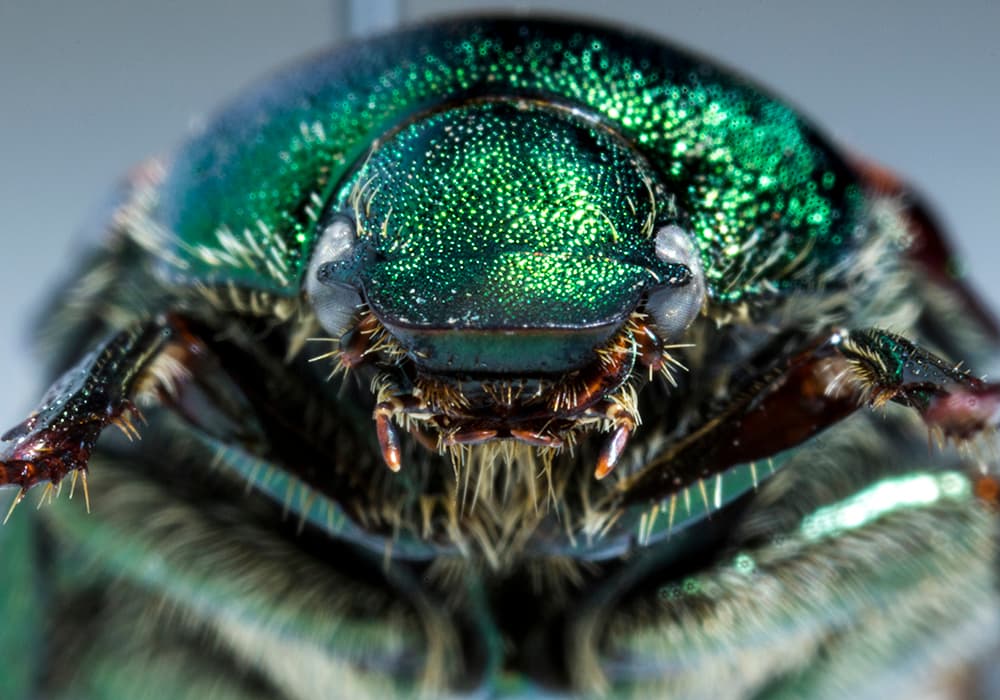
Don't get Krell wrong. He said he likes lawns and greenery, and you can't play golf on sand, mulch or gravel. But lawns ultimately use too much water and harbor bugs that will harm gardens.
Krell said to help keep produce and flowers safe, use raised garden beds and try buffalo grass, which is native to Colorado and doesn't require as much watering.
One bug that isn't much of a pest is the June beetle. Krell said most people don't notice them because they only really come out at night and hang around the porch light. They are pretty big (1.5 inches) and make a rasping noise, but Krell said they are harmless. In fact, most insects in Colorado are harmless. Krell said there are some wasps and bees, but they aren't overly aggressive.
Krell added that as temperatures continue to rise, insects that flock to the mountains seeking cooler environments will become extinct. He said that the increased use of pesticides, insecticides and herbicides will also cause habitat reductions for insects.
While it's nice to not have big mosquitos bites after a bike ride through the city, we do still need bugs. Krell said there are some bugs he'd avoid, but if they get in your space, just toss them outside.
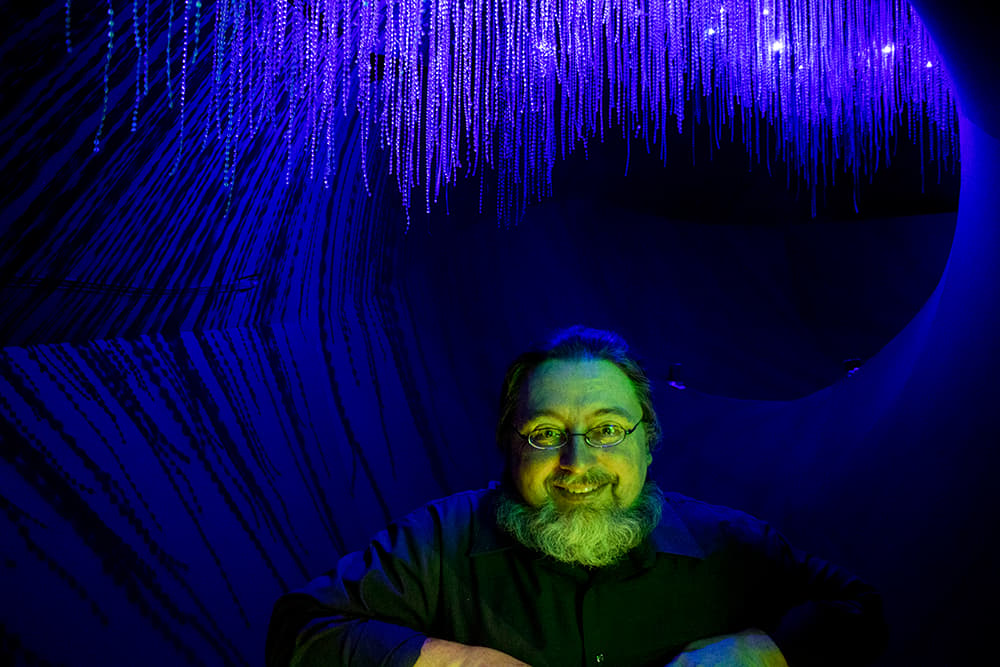
"For people, we have a very agreeable climate. You need a lot of skin lotion but otherwise it's dry," Krell said. "I think people should enjoy the bugs we have. They are really pretty. If you look at them closely, they are little beetles that sit on the leaves and come in all sorts of metallic colors. And they don't do any harm. Very few beetles will bite you. Even the Japanese beetles are pretty. It's a pretty beetle that eats your pretty plants. There's a Western aversion towards bugs. It's bugging you. Even that word, that something can bug you. It's something we entomologists don't like."

